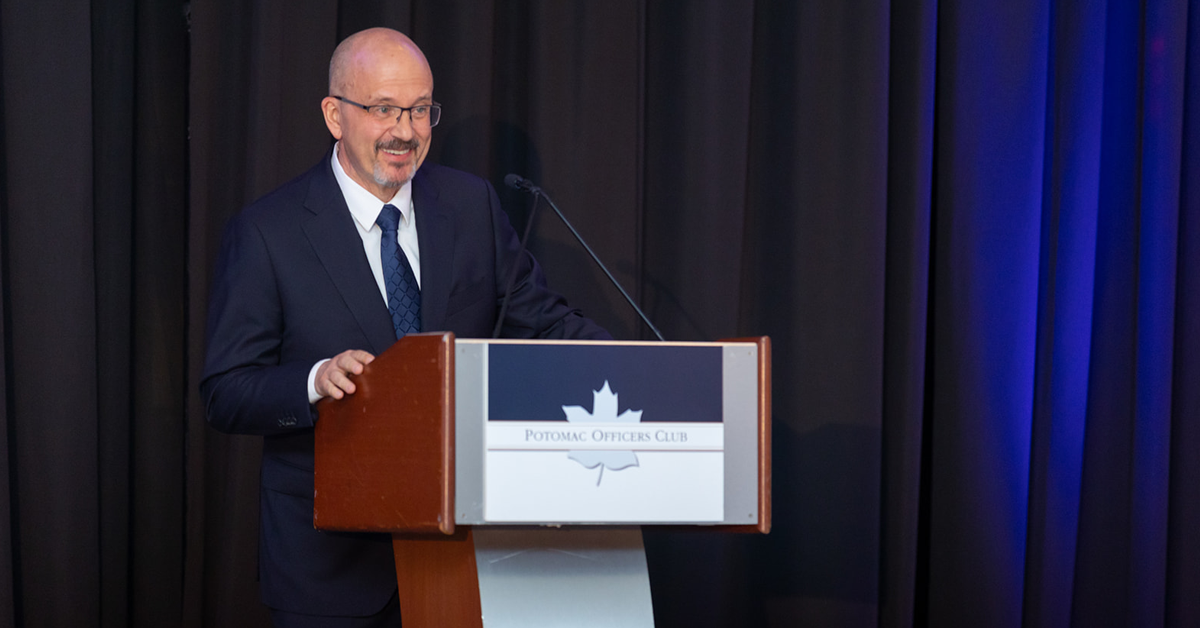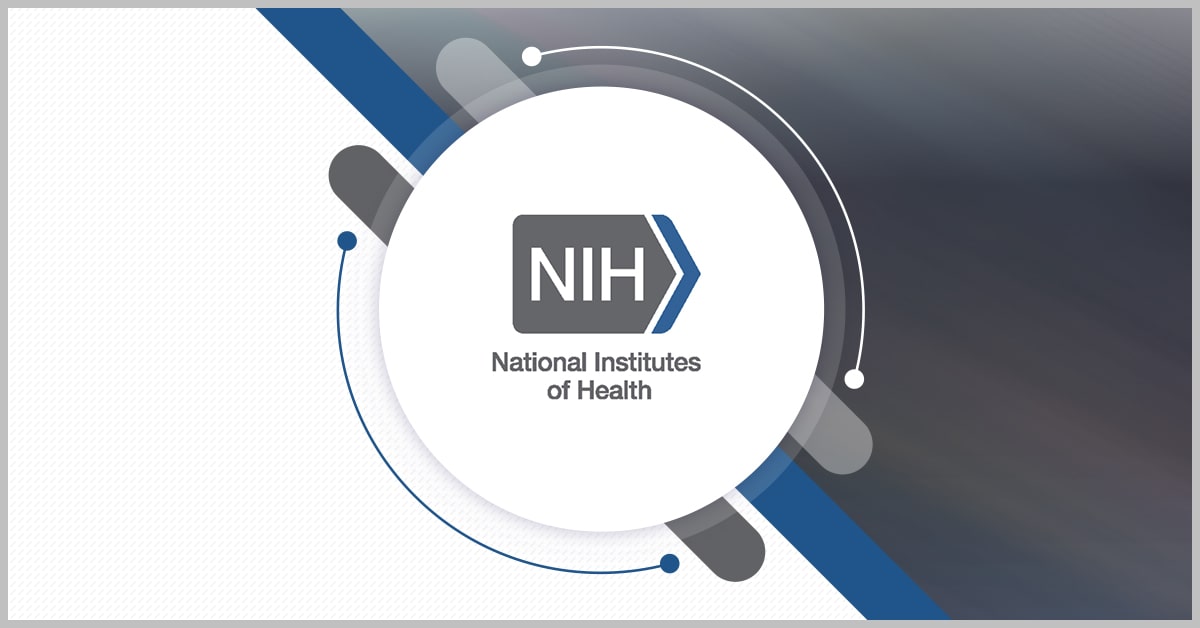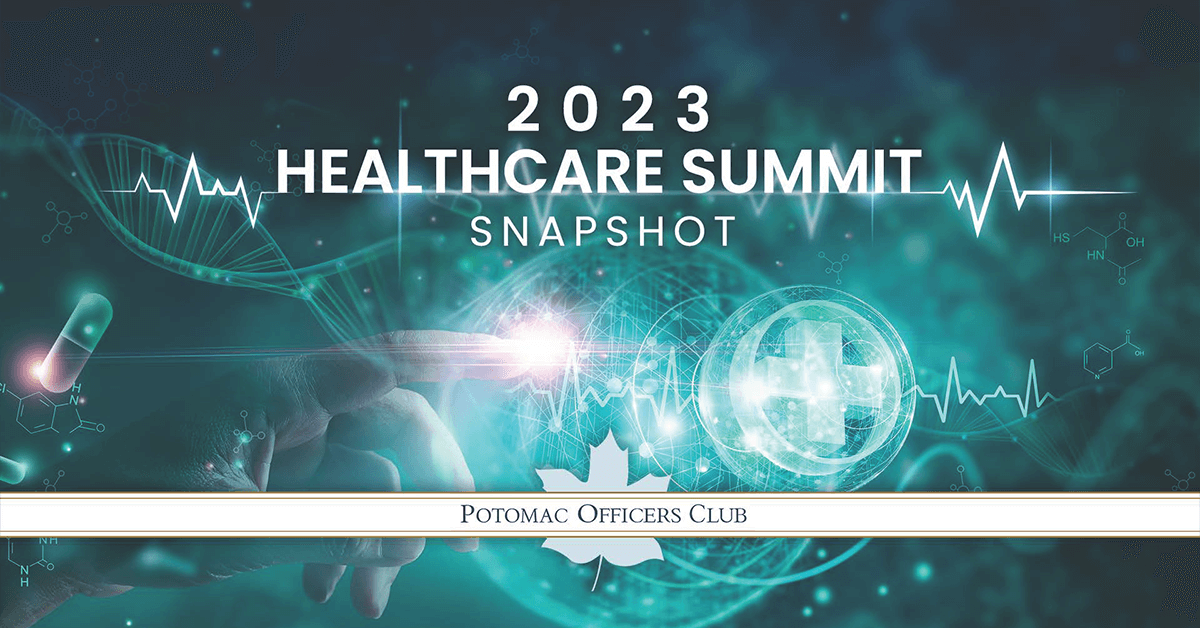As the federal government embraces artificial intelligence, the impacts of the technology can be seen in multiple sectors, including health care.
Department of Health and Human Services Chief Information Officer Dr. Karl Mathias highlighted three major areas of AI progress he’s seeing within the health care sector during his keynote address at the Potomac Officers Club’s 4th Annual CIO Summit.
NIH Grant Analysis
The National Institutes of Health gets a “humongous number of grants,” according to Dr. Mathias, a 2023 Wash100 Award winner, and sorting through those thousands of grant applications became a significant choke point for NIH.
“What they did was they used AI to analyze the grants. Think of it as an enhanced resume scanner, only now we’re looking at your grant proposals. And then it would look at it, and it doesn’t make a decision on whether to approve it — I think that may be coming — but it’s making a decision on which team should it go to. [It] had a 92 percent accuracy rate, so that basically eliminates that choke point as they go through,” Dr. Mathias explained.
AI is also being used further down the line in the grant lifecycle. Every year, each grant goes through a single audit, which means the HHS Office of the Inspector General sees 35,000 to 45,000 audits annually.
”They have an AI system that goes through, takes a look at these, and then highlights some red flags — the ones that should get closer inspection,” said Dr. Mathias, noting that “this is the kind of thing that makes a difference” both for the American taxpayers and healthcare workers.
Detecting Fraud at CMS
At the Centers for Medicare and Medicaid Services, AI is being used to sift through millions of transactions and detect potential fraud.
“They developed an AI system that goes through and analyzes trends that might be problematic, and then highlights those for investigation by investigators,” Dr. Mathias shared. But the threats will continue to evolve, so healthcare organizations will have to evolve as well.
“The bad guys adjust tactics… they figure out what they’re looking at. Well, the tree-based model [CMS uses] also adjusts its tactics and then dumps the old models in favor of the new. They’re getting pretty good at this, but still, the people who are committing the crimes will change their tactics — we have to change ours,” he urged.
Counterfeit Drug Detection
HHS has a device called CD5 that shines a light on drugs in various wavelengths and takes photos. Then, a human analysis and visual comparison is required in order to detect counterfeits. The process can typically take up to half an hour, but with AI built into the tool, the process takes seconds.
“These are important,” Dr. Mathias told the in-person audience, “and the reason they’re important is we’re talking about fraud. These cases rob our people of services that potentially, in the case of counterfeit drugs, can poison them, and the result can be deadly.”
Throughout his closing keynote, Dr. Mathias touched on several high-priority areas of focus, including data and cybersecurity. If you’re interested in cyber, you won’t want to miss the Potomac Officers Club’s 2023 Cyber Summit on June 8! Register here.








